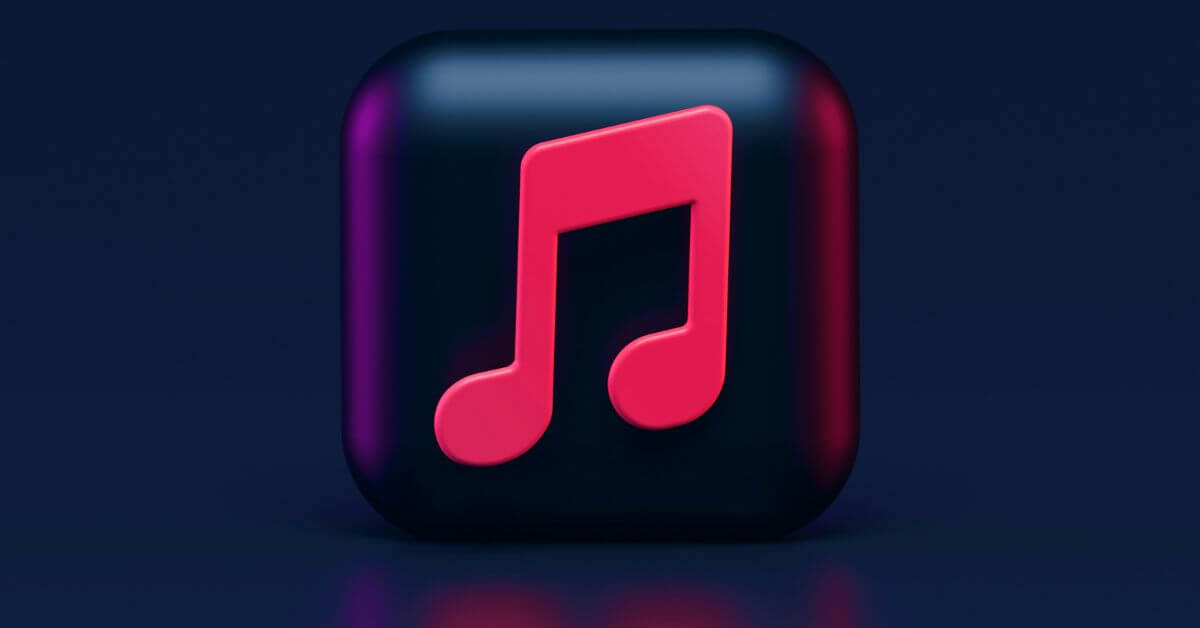The primary role of a music publisher is to manage the copyright of a songwriter’s and composer’s music and lyrics, ensuring that the music is used in various ways and that the creator receives fair compensation. Unlike labels, which handle the master rights of a recording, publishers focus solely on the copyrights that arise from writing and composing music. This includes tasks such as licensing music for use in films, TV shows, commercials, and video games, as well as collecting royalties on behalf of the artist. If you want to learn more about royalties in electronic music you can read my previous post about royalties. In addition to managing these aspects, a good publisher also actively promotes and utilises the music to generate revenue.
The traditional role of a music publisher
The roots of music publishing date back to the 18th century when printed sheet music first came into circulation. Initially, publishers were responsible for printing and distributing sheet music to orchestras and other buyers, such as music stores. Before the advent of recorded music, this was the primary method of spreading music.
In the late 19th and early 20th centuries, as the music industry evolved with the introduction of radio and recordings, the role of publishers expanded. They became more involved in promoting songs, securing radio broadcasts, and negotiating contracts for sheet music and recordings.
With the rise of mass media and the growth of the music industry, publishers took on a more active role in finding opportunities for music in various contexts, as the printing and distribution of sheet music became less relevant. This includes placing music in films, advertising, and more recently, in video games and digital media. As a result, publishers have become key players in helping artists monetize their work, often in ways that might not be immediately accessible to them.
Key responsibilities of a music publisher
Copyright management
Publishers also handle management tasks, ensuring that all the music they manage is properly registered with the necessary organisations, such as PROs, and that copyright protection is maintained worldwide. To better understand what the role of a PRO is, check out my article on PROs.
Licensing and sync placements
One of the most visible tasks of a music publisher is securing sync placements, which involves getting music featured in films, TV shows, commercials, and more. This requires negotiating licenses and ensuring that the artist is fairly compensated for their work.
Collection of royalties
Music publishers are responsible for collecting various types of royalties, including mechanical royalties from the sale of physical and digital media, and performance royalties from broadcasts or live performances. They ensure that these royalties are properly tracked and paid out to the artists. Publishers often work in conjunction with PROs, coordinating to manage and oversee the collection and distribution of royalties. In some cases, they even help monitor the performance and efficiency of PROs to ensure that all revenue streams are accurately accounted for and that artists receive their fair share.
Advertising
In addition to managing rights, good music publishers actively market their music catalog. This includes connecting songs with music supervisors, advertising agencies, and other parties who might commercially use the music. The goal is to maximise the music’s visibility and, consequently, the associated revenue.
Artist development
In some cases, publishers also play a role in artist development since composers nowadays often also are the artists. They can help shape an artist’s career by suggesting collaborations, introducing them to other industry professionals, or even financing recording sessions.
You can in simple terms think of music publishers today as marketing and management agencies for songwriters and composers.
Do electronic music producers need a publisher today?
In the digital age, the necessity of a music publisher for electronic music producers is increasingly being debated. While publishers have traditionally played a crucial role in managing and maximising an artist’s revenue, the landscape has dramatically changed with the rise of digital platforms. For many producers, joining a PRO may be sufficient to manage most of their royalty streams without the need for a separate publisher.
For many electronic music producers, the majority of their revenue comes from performance licenses, streaming, and live performances – areas that PROs cover well. Publishers are more advantageous when there are significant opportunities for sync placements, international licensing revenue, or complex licensing agreements that go beyond the scope of PRO services. However, if your music doesn’t generate substantial royalties, adding a publisher might not bring enough additional revenue to justify their share of your earnings.
So, if you’re an electronic music producer focusing mainly on digital releases and gigs, a PRO might be all you need. You’ll retain more of your earnings and have direct control over your music. However, if your career expands into extensive sync licenses and international appearances, or if you require more specialized management of your rights, it might be worth considering a publisher.







